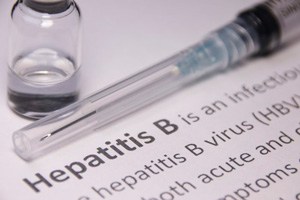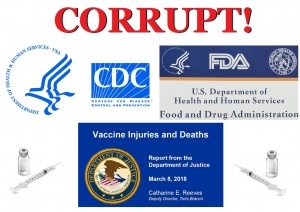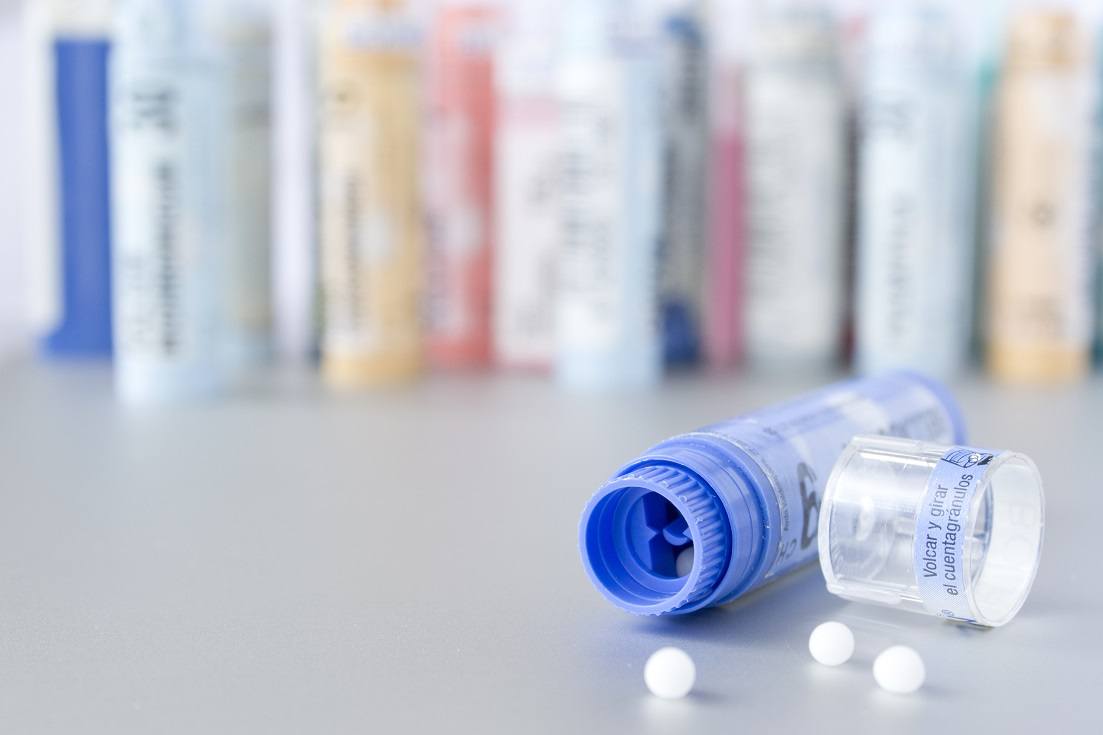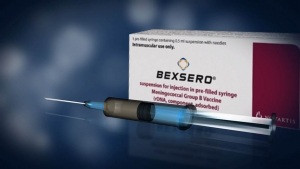FDA to Ban More Supplements?
On September 12, the FDA’s advisory committee on compounded medicine—medicine made for individual patients at specialized pharmacies—will meet to discuss five ingredients: alpha lipoic acid, CoQ10, creatine monohydrate, pyridoxal 5 phosphate (P5P), and quercetin dihydrate. If the agency doesn’t hear from patients and concerned citizens, we may lose access to individualized preparations of these important dietary ingredients. The Pharmacy Compounding Advisory Committee (PCAC) advises the FDA in writing new rules regarding what supplements and drugs can be made individually for patients with specific needs by compounding pharmacies. The main motivation behind the FDA’s attacks on compounded medicine is to protect the pharmaceutical industry from competition. With no other choice, patients who rely on compounded medicine would have to buy Big Pharma’s drugs. We can’t let them whittle away the ingredients allowed to be compounded. This “death by a thousand cuts” could end access for us to compounding pharmacies altogether.













